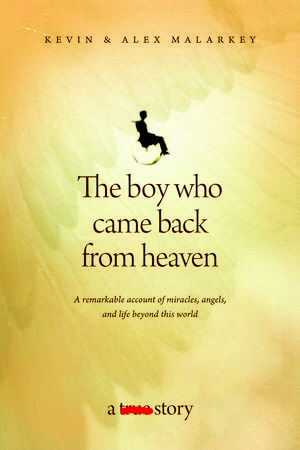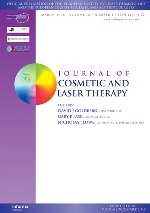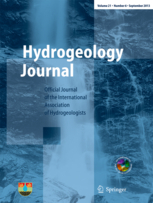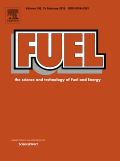 Tyndale House says it will be recalling copies of The Boy Who Came Back from Heaven after the boy in question, Alex Malarkey (yes, that’s really his name), said he didn’t make the trip after all.
Tyndale House says it will be recalling copies of The Boy Who Came Back from Heaven after the boy in question, Alex Malarkey (yes, that’s really his name), said he didn’t make the trip after all.
Malarkey made the claim after having been injured in a car accident when he was 6. The book became a best-seller for Tyndale, which, according to NPR, called it Continue reading Heaven still waiting: Publisher pulls book after boy recants on visit to heaven








